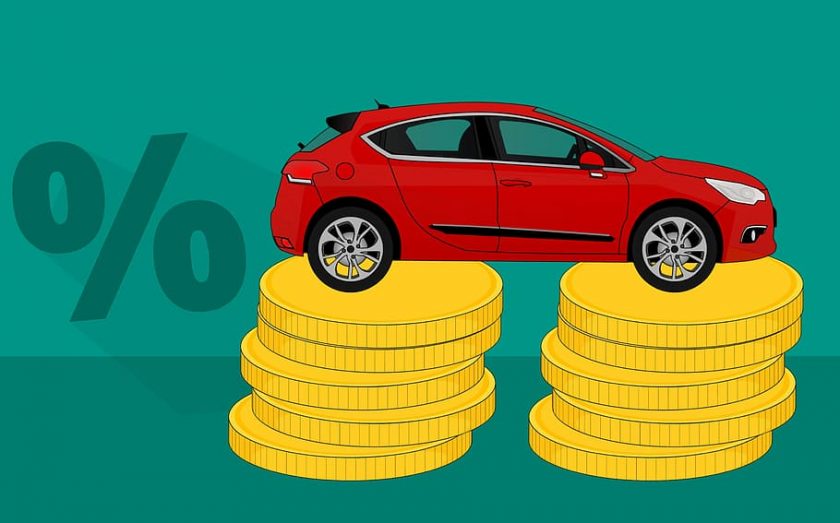Finance watchdog wants three month freeze on car finance repayment as customers struggling due to coronavirus

The UK’s financial watchdog wants a freeze on car finance repayments and for finance firms to rule out repossessions of vehicles during the coronavirus crisis.
The Financial Conduct Authority (FCA) has published a proposed package of measures to directly support people facing payment difficulties due to coronavirus.
The range of targeted temporary measures cover motor finance and high cost credit agreements, which include: high-cost short-term credit (including payday loans), buy-now pay-later (BNPL), rent-to-own (RTO) and pawnbroking.
Christopher Woolard, interim Chief Executive at the FCA, said: “We are very aware of the continued struggle people are facing as a result of the pandemic.
These measures build on the interventions we announced last week, and will provide much needed relief to consumers during these difficult times.
‘We have tailored our measures to specific products.
For most of these proposals, firms and consumers should consider the amount of interest which may build up, and balance this against the need for immediate temporary support.
If a payment freeze isn’t in the customer’s interests, firms should offer an alternative solution, potentially including the waiving of interest and charges or rescheduling the term of the loan.”
Here is what the FCA is proposing:
The FCA expects firms to provide a 3-month payment freeze to customers who are having temporary difficulties meeting finance or leasing payments due to coronavirus.
If customers are experiencing temporary financial difficulties due to coronavirus, firms should not take steps to end the agreement or repossess the vehicle.
The watchdog is also proposing that high-cost short-term credit (payday lending) firms will be expected to provide a 1 month interest-free payment freeze to customers facing payment difficulties due to the coronavirus pandemic.
The shorter period reflects “both the much shorter length of most loans and, given interest rates tend to be higher than for other high cost credit products, prevents firms from accruing additional interest during the freeze period.”
After the end of the freeze, the firm should allow the consumer to pay the deferred payment in an affordable way – whether for example, by 1 single payment after the end of the term or by a number of smaller instalments.
The measures are set to be put into practice by 24 April.
The FCA has already confirmed a three-month freeze on loan and credit card payments due to the unfolding pandemic.
Spotted something? Got a story? Send a Facebook Message | A direct message on Twitter | Email: News@Deeside.comLatest News









